|
Successful practice will mean different things on different days.
The first step is being clear on what you will practice. Then comes the how. No one can do everything in one practice session, so priorities must be set. If I can help you prioritize your practice; please call me. David
0 Comments
Piano students often ask me, “what should I focus on in my practice sessions?” Here is my reply.
Pieces, etudes, theory, sightreading, ear training, history, technique, ensemble skills
One of my adult students was asking tonight for some help planning his practice time. He is preparing for his Grade 8 piano exam. He is an engineer, a spreadsheet kind of guy. I'm sympathetic. Here is what we discussed. Warmup with sight reading. Use a metronome! Get into the zone. Now start practicing Technique with a 2-minute timer. Switch activities every 2 minutes = 15 minutes
Practice one short section to perfection =15 minutes Theory =10 minutes Ear Training = 10 minutes Review completed piece or pieces 10 minutes BOOM! one hour of accomplishment This may work for you. David Revised August 2022
I practice piano and drums daily, except Sundays when I rest. Recently my student Barb asked me, "how do you practice?" Here is my answer.
Have Fun. David Story Revised October 2022 4 hours of practice: No Grinding. Top 5 tips for practicing any musical instrument
Playing
General and Jazz Specific Theory
If you would like some help, call me. David Classical piano Grades 1-2 Is it possible to make progress in 10 minutes? Of course. At some point longer practice sessions will be required, but with planning and focus you can accomplish a lot in a shorter time. Remember playing an instrument is fun when we succeed at it. And can clearly see our progress over time. What practice is: Learning through thoughtful repetition how to play our instrument so that over time we progress towards our goal however modest or lofty that may be. The goal is to accomplish a micro step forward each time we sit to practice. The size of this micro step varies on the time available. What practice is not: Messing around playing stuff we know is not practicing, it is playing. This is not a negative, but the reason we practice in the first place. In conclusion don’t feel guilty messing around, just don’t confuse it with practicing. Fool around without guilt. Have fun. Session 1
Have fun. David The "breakfast piano minutes" are usually created in about 10 minutes 1st thing in the morning.
1. Try to finish level 6 theory, it will really help us to communicate as musicians and build your understanding of the music you play. 2. Summer is a good time to explore music history. A good introduction for classical piano students is found on Audible.ca https://www.thegreatcourses.com/courses/the-23-greatest-solo-piano-works.html check www.audible.com I found it there for a really fair price. 3. YouTube score watching; paying attention to one element at a time: articulations , dynamics, tempo 4. General piano skills
David
If I can help you, please call and reserve a future spot. I am now taking reservations of summer 2020 and fall 2020. David “How good do you want to be?” Start with this question followed with: “how should I spend my time?”
Success will depend on the depth and breathe of your practice. My most successful students have made peace with time and possibility. Yes, time counts, but patience and realistic expectations count for more. Learning has piano follows a well trodden path. You just must follow it to succeed. There is no secret. Just time and hard work. We must be realistic with the fact that course correction will be needed regularly. Life is messy. So:
Call me, I can help. David I've got happy students who practice more than an hour a day, others who practice an hour a week. Because their time matches their realistic expectations, they are happy. Could they all practice more? Of course. I could too. A quick coffee video on practicing from pianist magazine. Expert musicians know what they are doing. Their experience comes from working on, maintaining, and mastering the skills in the following four quadrants of piano study.
If I can help you, call me. Best, David Story revised 2023 Who has all the time in the world?
Cheers, David Story 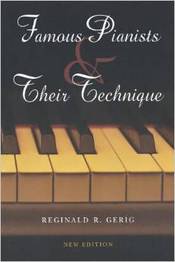 Getting ready for a new year of practicing? Me too. · The key to musical happiness is regular practice and having clear easily articulated goals. As business and time management Guru Brian Tracy says, “Clarity is the key”. To which I’d add: plan your life around your practice schedule. · Write down your goals. Do they align with time available? Are the people you live with onside? · Motivation problems can often be assuaged with a concert trip to hear a world class musician perform. · Get the piano tuned. · Try a good cardio workout to inspire, think clearer, and focus well. · Have a written practice plan for each session. Books I’ve found helpful in the last year · “Time Power” by Brian Tracy, I read and reread this book at least twice a year. The ideas really work, if you implement them. · “The 4-Hour Chef: The Simple Path to Cooking like a Pro, Learning Anything, and Living the Good Life” by Timothy Ferris, an inspiring book on adult learning, hilarious too. · “International Piano” magazine, a monthly magazine from the UK on learning the piano. Books I plan to read shortly · “Practice Perfect” by Doug Lemov · “Famous Pianists and Their Technique” by Reginald R. Gerig All books available on-line from your favourite reseller. Cheers, David Story www.davidstory.ca 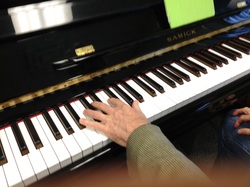 Techniques for Effective Practice
Commonly Neglected Aspects by Students
My Top Four Practice Recommendations for Students
If I can help you learn to practice, call me. www.davidstory.ca Revised 2024  Dorothy Delay asked parents of prospective students, "who is going to be your child's practice partner?" A teacher of prodigies, she knew a thing or two. With that in mind, I encourage parents to attend lessons and take notes. This communicates to your child the importance of this activity. And you will be able to help your child complete their assignments. Prepared students are happy students because they play well and are praised for their effort. Playing well and earning praise works in sports, and it in music lessons too. If I can help your child, please call me. David Story Revised November 2023 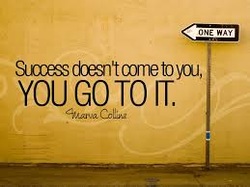 1. Communicate with your teacher your goals and aspirations. 2. Do your homework, consider that the so called boring bits are the important bits. I know, I take drum lessons. The new teacher is trying to get me to play quarter notes properly with the good tone and arm motion. This is requiring hours of concentrated effort. But, the musicians I play with can hear the difference already. 3. Participate in recitals. Everyone needs positive, self esteem building events. 4. Explore music outside of lessons: Sight read, attend concerts, listen to music, buy a music magazine, watch Youtube videos, attend a summer camp. (I'm going to Louisville Kentucky and Oxford England this summer for music training in both drumming and classical music). 5. Read Time Power by Brian Tracy. The best book on time management I know. Amy Chua's books are an interesting read for both parents and mature music students. 6. Remember musicians live to practice, performance is just the icing on the cake. Cheers, David Story Piano Teacher and drumming enthusiast. On Sunday January 18 we had a lovely student recital at Port Nelson United Church. The kids played well, the piano was in tune, and the concert lasted just the right amount of time. A success.
Our next concert will be the annual duet concert. A heap of family fun. Parents and kids performing together! I was reflecting on the joy that was on display. The students who played wanted to play; they were a happy group of keeners. A good part of their success is a result of their preparations. They had practiced, they were ready, and they knew it. I was told, "piano is fun if you practice, drudgery if you don't?' So protect your practice time, it is the source of your musical joy. Cheers, David 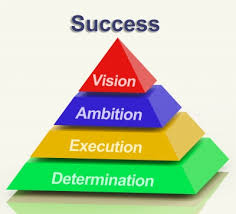 Setting realistic goals for music study? Great idea. Not thought about it? Why not? One of the best reasons is that it gives you a track to run on. One of the best warnings on goal setting? "You can't ride more than one horse at a time" Here are a few additional thoughts. For Parents
Here is a personal example. I study jazz drumming. I'm planning on attending a jazz camp for adults next summer. When I arrive there I will have to audition for placement. I want to place as high as possible. :-) so,
For yourself Goal: Recreational player Strategy: Two hours of playing and practice a week Tactics: Ditch the TV and web surfing by 2 hours. Tell your kids to go outside and play. Give a list of pieces to your teacher you would like to learn. Cheers. David 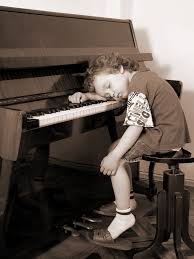 It depends on how good you want to be is the short answer. A thoughtful answer takes a little longer.
Realistic Goals: Are your goals in tune with the rest of your life? What would you give up to reach them? Piano takes time, lots of it. For example to complete my ARCT in 2007, I started Grade 10 in 2003. Five thousand hours later I graduated! (This 5,000 hours included my theory studies as well as my piano lessons.) I gave up the music business to do this. If you goals are more modest, aim for 2 hours a week of practice to start. Without practice, piano is no fun! The caveat is this. If you are a recreational piano student with the goals of learning some tunes and having some fun, skipping practice is no big deal. We can do it together at lessons, I will supervise. Whatever the depth of your ambition, I suggest strongly that you schedule piano practice into your schedule. On the subject of practice, another blog post for that. Cheers, David Story 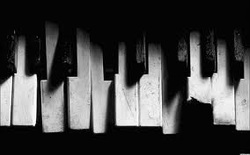 Weekly lessons are a motivation to practice and stay sharp. With that in mind, l I've resumed my piano coaching sessions with Leon Karan. We are doing splendid work together. My progress is slow and steady. Too slow. Leon suggested gently that I practice more this week than last. Ouch! Message received. I will be on the piano early tomorrow for 90 minutes. I've booked practice times on Thursday and Friday too. Cheers, David 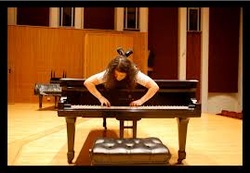 A tale of two adult students Part one:
Part two:
Cheers, David Story 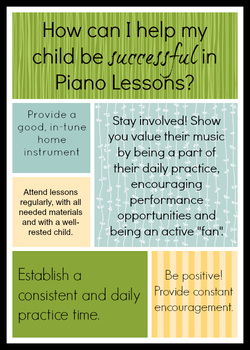 Awesome advice. Click on the image or here for the full article. Cheers David I ponder the similarities between this advice and the advice parents receive from athletic coaches. May 2023 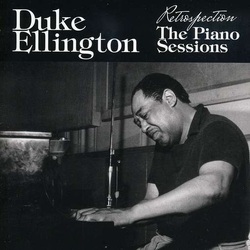 At some point in our music study we reach a crossroads. A decision has to be made. Do we go deep or stay in the shallow end of the pool? Deep means:
And, we know what they are. So we make our decision. cheers, David Story 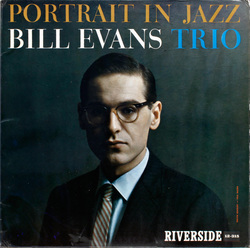 “Surrender to the expert”, great advice. Be teachable. With that in mind I came up with these thoughts. The take away: your teacher probably knows best. Complete your lessons, then fool around following your own muse. Why?
Cheers, David |
You've got to learn your instrument. Then, you practice, practice, practice. And then, when you finally get up there on the bandstand, forget all that and just wail. AuthorI'm a professional pianist and music educator in West Toronto Ontario. I'm also a devoted percussionist and drum teacher. Categories
All
|
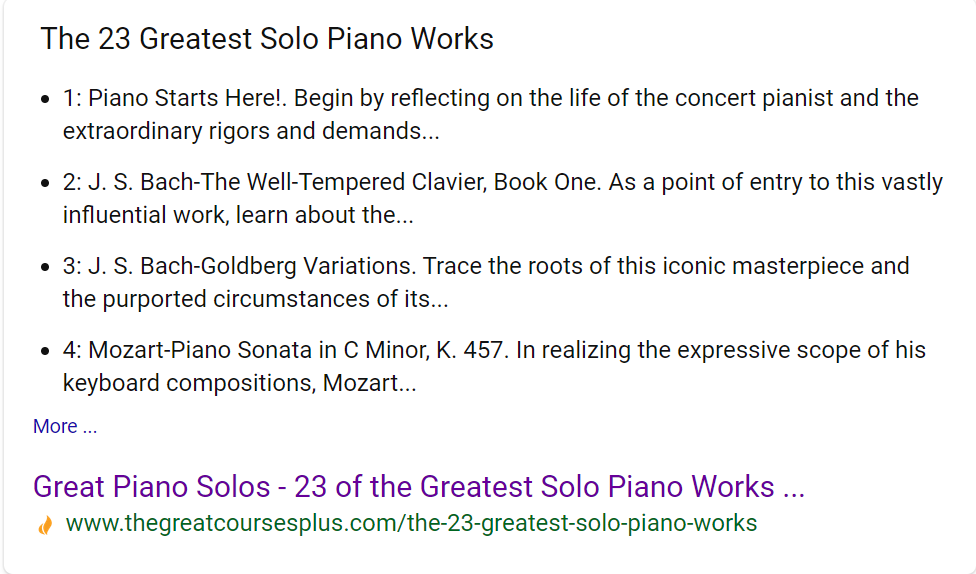
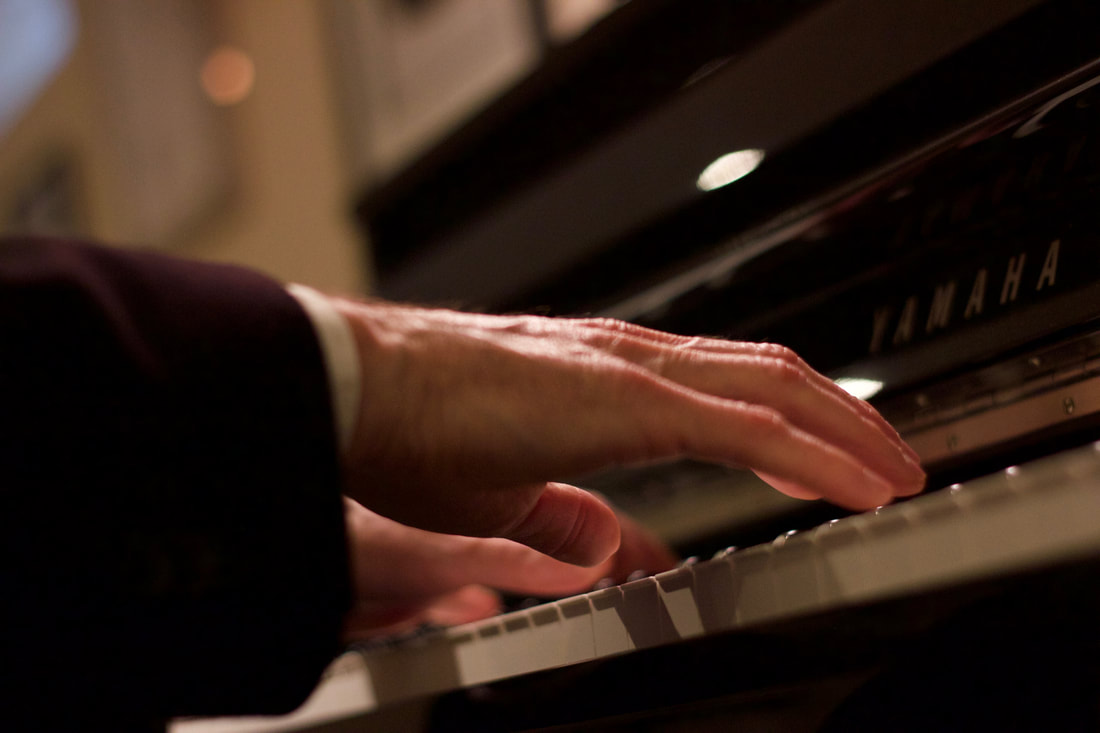
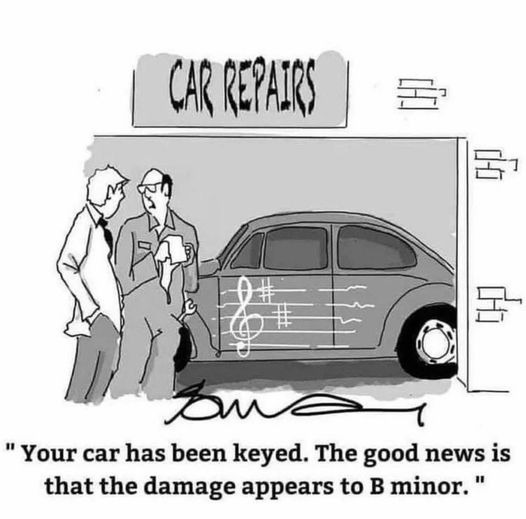
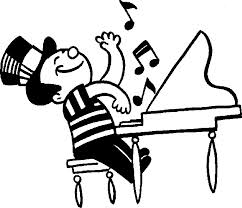
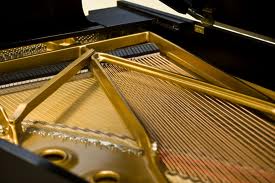
 RSS Feed
RSS Feed